Japan’s Uneasy Relationship With Press Freedom
If you reside in a democracy, it is good to consider there is a free and impartial press, full transparency of media info dissemination and a hard-boiled sense of journalistic integrity pervading the information corps. This notion has deteriorated throughout a lot of the world in recent times, however in Japan, the place true watchdog journalism has struggled within the postwar period, the present story makes for somber studying.
Japan scored woefully low within the Reporters With out Borders World Press Freedom Index 2022. At 71st, it fell under Burkina Faso, the place it isn’t unheard for boots-on-the-ground reporters to be deported and even killed; Armenia, the place the mass media market is rife with political corruption; and Haiti, which was solid into an extra state of lawlessness following the assassination of its authoritarian chief, Jovenel Moise, in 2021.
That one of many world’s most developed democracies has plunged down the rankings is particularly jarring given Japan occupied 22nd place as lately as 2012. However the latest descent hasn’t arrived out of the ether; reasonably, it has been pushed by systemic practices which have eroded the accessibility of public-serving info and to punish those that divert from the agreed-upon MO.
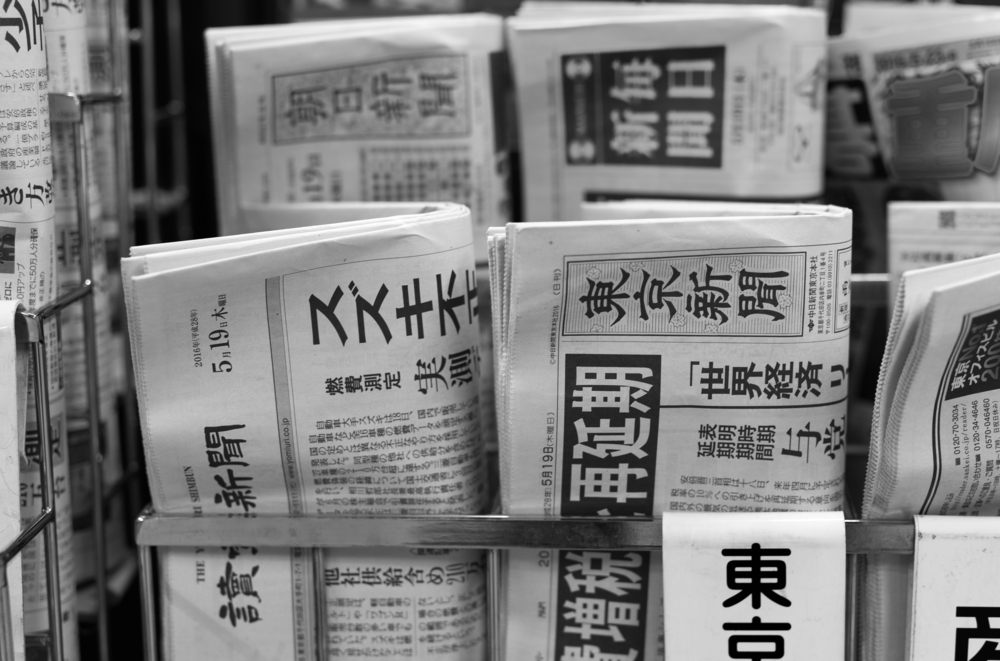
The Offenders
5 main media conglomerates — Yomiuri, Asahi, Nihon Keizai, Mainichi and Fujisankei — have oligopolistic management of mainstream information in Japan. The Yomiuri Shimbun is the world’s most circulated newspaper at 7 million each day readers. Moreover, public broadcaster NHK is the second largest establishment of its sort worldwide and holds big sway within the public sphere. This turns into a significant challenge when vested pursuits begin dictating the editorial path of stories shops.
A latest instance includes NHK, which adopted an agenda-cutting follow of restricted reporting on the chance of Covid-19 previous to the postponement of Tokyo 2020. Alongside business broadcasters, in a gaggle referred to as the “Japan Consortium,” NHK paid the Worldwide Olympic Committee (IOC) a report 66 billion for rights to cowl the Video games. This monetary funding, in addition to NHK’s inherent political influences as a public broadcaster, represented a transparent battle of curiosity when overlaying points that might have contravened the mixed authorities and IOC narrative — that the Olympics ought to go forward.
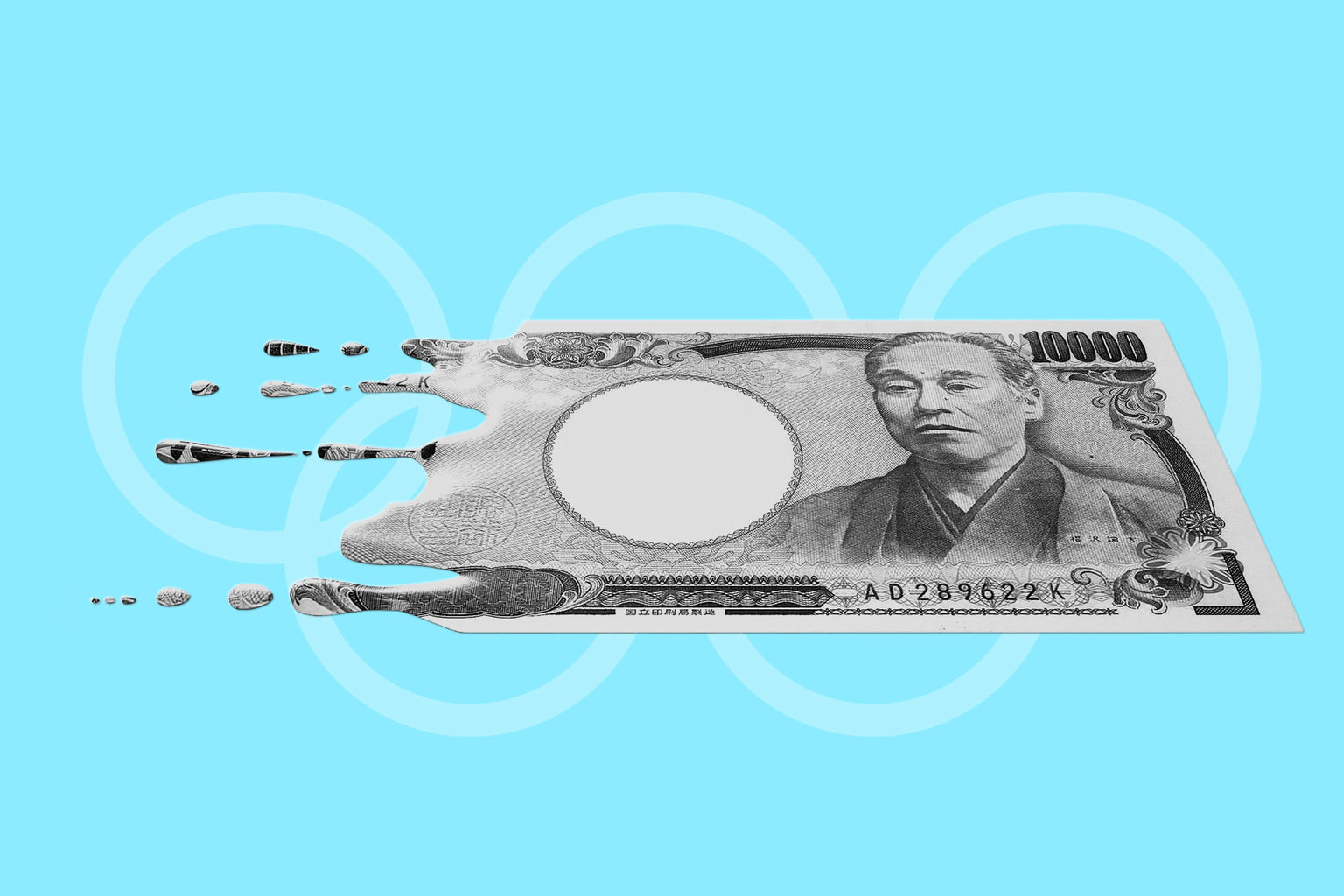
Clandestine reporters’ golf equipment, referred to as kisha kurabu, are additionally among the many offenders. They performed a big function through the late-Shinzo Abe’s second prime ministerial tenure and off the again of presidency censorship following the 2011 triple-core meltdown in Fukushima. Kisha Kurabu are comprised of journalists working on the main Japanese newspapers and TV stations, with international reporters and freelancers usually restricted. The member journalists are given unique entry to official sources and with the intention to preserve stated entry, are required to toe the respective get together line.
This was most obvious within the instant aftermath of the 2011 catastrophe, when Japanese editors representing the key dailies forbade their journalists from touring to inside 30 or 40 kilometers of the offending nuclear plant, as an alternative selecting to pump out tales that mirrored the message of officialdom: that there was no instant hazard to human well being. Furthermore, mainstream information shops refused to make use of the phrase “meltdown” of their protection, favoring milquetoast alternate options comparable to “an exploding-like occasion.”
This led to months and years of Japanese press reporting favorably on the establishments complicit within the coverups of the catastrophe whereas the international press narrative started to chop a a lot bleaker picture of the related actors’ malpractice.
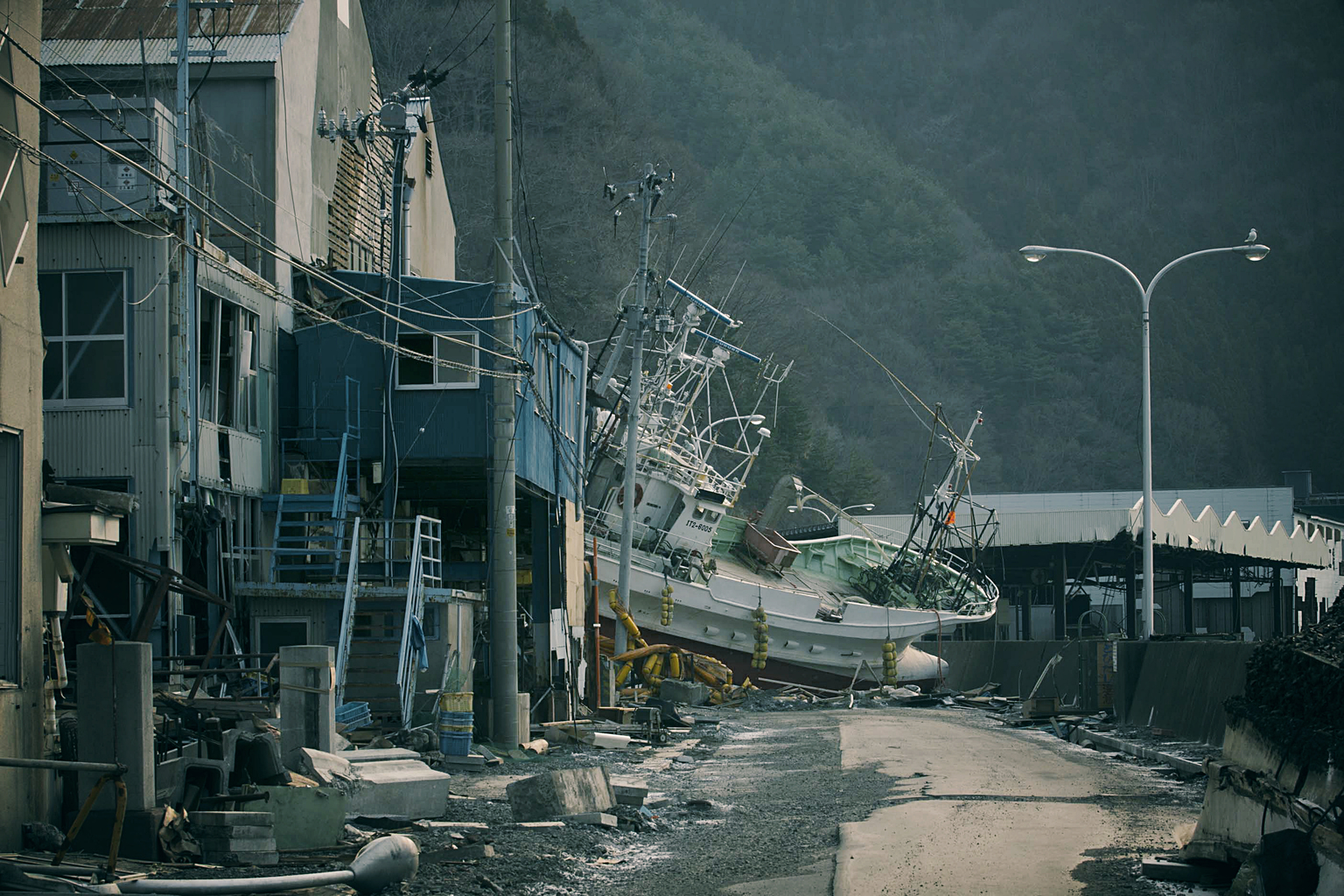
Then there’s Japan’s authorized framework, which technically ensures press freedoms, though latest legal guidelines have hindered impartial, goal and investigative reporting. The 2013-approved State Secrets and techniques Safety Regulation bolstered surveillance rules throughout the nation, permitting the federal government to withhold info if it is deemed a matter of nationwide safety. The legislation additionally permits punitive punishments for whistleblowers and journalistic leaks, together with as much as 10 years imprisonment and a ¥10 million tremendous. Extra worrying nonetheless, what constitutes a state secret, and due to this fact how this legislation is arbitrated on, is all the way down to authorities discretion.
Extra lately, in 2021, the federal government enacted an extra nationwide safety regulation which might blunt investigative efforts in areas close to “sure essential amenities” — once more what falls into this class is basically open to interpretation.
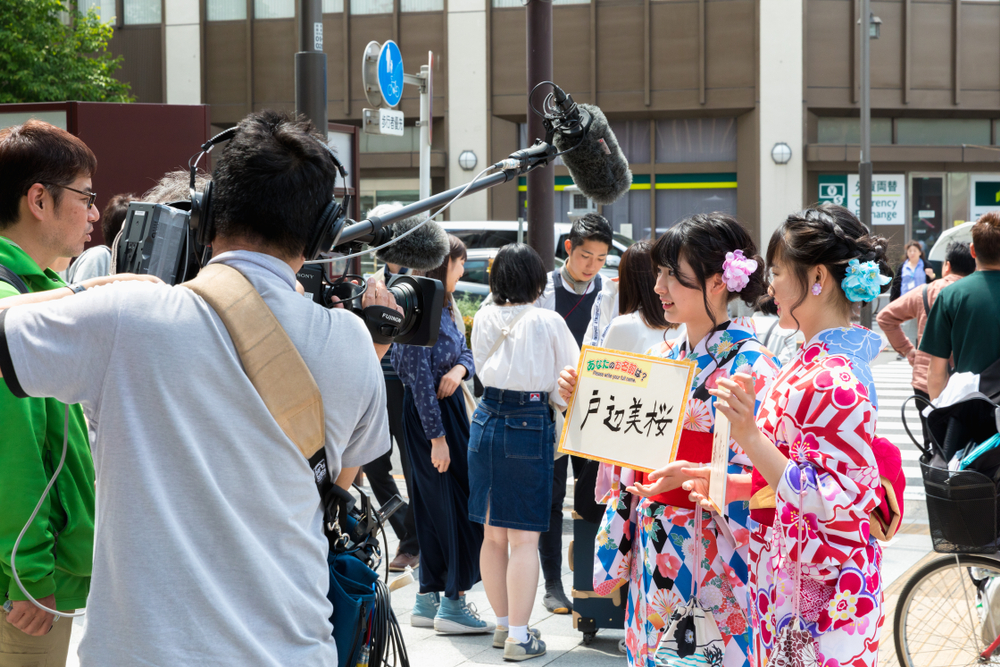
The Actuality of the State of affairs
Typically journalistic practices in Japan are harking back to advertorial writing, the place info is divulged in return for artistic management of the revealed content material. That is an accepted and clear type of info dissemination when selling regional tourism or a flashy new bullet prepare, say, however units an autocratic precedent for reporting on pure disasters, institutional malpractice, authorities corruption or human rights infringements.
That is troubling as a journalist, however much more in order a resident. After I lived in China, I used to be effectively conscious that I used to be being spoon-fed a CCP-approved narrative by the few English-speaking information channels to populate my cable field. However in Japan, I anticipated one thing totally different. It is clear the nation has hit a very enigmatic level in its already enigmatic historical past.
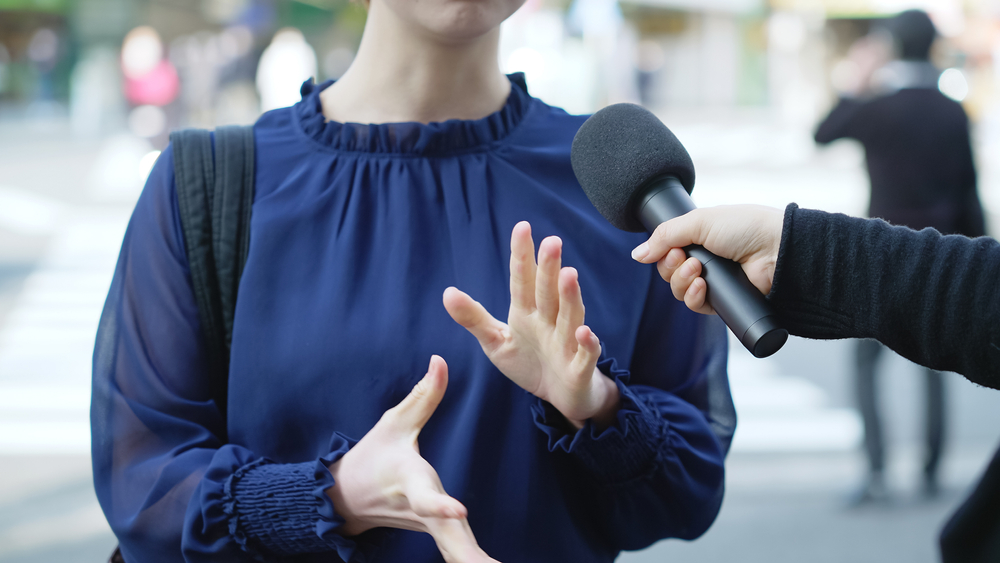
Japan continues to shed its world relevance by remaining closed off to the surface world. Its stifling patriarchal work tradition, indicated by its language place of 116 of 145 surveyed international locations within the 2022 International Gender Hole Report, is inflicting vivid younger minds to look elsewhere for work. Overseas direct funding (FDI) stays virtually absent — Japan ranked 201, useless final, in a latest survey of nationwide FDI in relation to GDP (North Korea was forward at 200). And now, as soon as once more, the shortcoming of its press to perform as one would count on in a democracy has been laid naked.
Maybe as soon as seen as quirks by a society that was struggling to reinvent itself within the wake of postwar hardships and a subsequent financial surge and collapse, these points at the moment are critically hindering Japan’s attractiveness and marring its much-vaunted cultural tender energy picture. Which, after all, has deleterious results at residence too.
There are particular issues the citizenry must count on in a democracy. Not least of which is a press that upholds normal journalistic rules. That the defective system is getting extra entrenched, needs to be a trigger for concern certainly.
Function picture by Anna Petek
